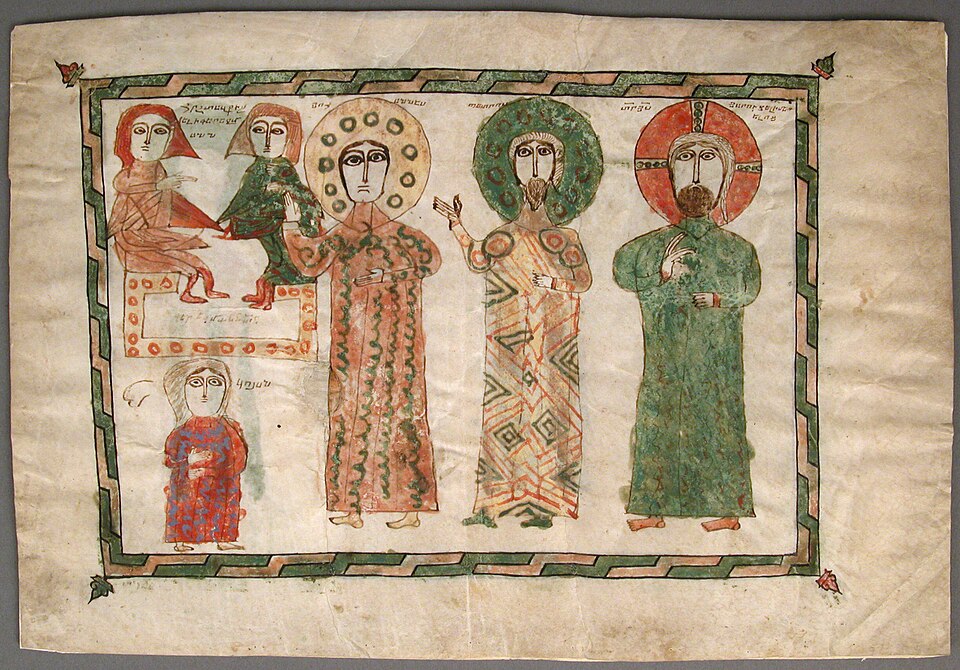Questions in the Gospels: a Linguistic Approach • About the project

The aim of the project is a systematic investigation of various linguistic forms realizing canonical and non-canonical questions in different Hungarian Bible translations from different time periods. The research is based on the claims made within the last decade in pragmatics on the formal types of questions. Applying them to a text type (the Bible) that has special semantic-pragmatic status may provide new insights to the interpretative possibilities of these texts from a synchronic and diachronic point of view, as well as in a contrastive way. In addition, the theoretical underpinnings of this project will be strengthened by undertaking a reassessment of the status of speech act theory in the study of biblical discourse. The overarching aim of the project is to make contributions to Hungarian descriptive and historical linguistics, to theoretical semantics and pragmatics, historical pragmatics, and to the study of religious language, as well as to a better understanding of the semantics and pragmatics of biblical texts.
The fundamental hypothesis of the research is that (i) texts belonging to religious discourse, including the Bible, have specific linguistic features that are different from other types of texts (cf. Kohnen 2010); and that (ii) these specific linguistic features are partly due to the fact that both in the origin of the texts (“inspiration”) and in the status of the particular characters in the texts, a “transcendental authority” is involved, whose statements have special status both in their semantic value and in their pragmatic nature. The research aims at testing these hypotheses through a corpus-based quantitative and qualitative, grammatical and pragmatic analysis of questions in the Gospel translations.
For this purpose, in the course of the project, a database of questions in Hungarian gospel translations of different ages, purposes and creeds will be created, which allows for a systematic contrastive analysis of the interrogative structures and their contexts – not only for the purposes of the present research, but also for the wider research community. Once the data have been analyzed, an answer, supported by concrete empirical data, can be formulated to the basic question of whether texts of religious discourse, and in particular biblical texts, can be described using the same semantic and pragmatic tools as other text types. A systematic analysis will allow further research questions to be answered. How and why does the omniscient “transcendental authority” ask questions? Do his questions differ formally or functionally from those of other characters? Do the typical forms of questions in the Old and New Testaments differ? Furthermore, linguistic data and arguments can be added to the interdisciplinary question of whether and how different forms of questions in different translations can lead to differences in interpretation (that can also have theological impact).
This is a pioneering research that undertakes the task of providing a systematic formal and pragmatic analysis of texts from the domain of religious discourse from a synchronic and diachronic perspective in Hungarian. It is the first study applying the claims made within the last decade in pragmatics on the formal types of questions for the interpretation of particular units of the texts of Bible translations. The database of questions to be created in the course of the project, which contains questions from gospel translations made in different periods, together with their contexts, and a pragmatic and grammatical analysis, is not only indispensable for the current research, but can be an important source of data for other researchers or interested members of the public. Through the investigation of biblical questions our works can lead to a reassessment of the advantages and limitations of speech act theory. The results of the research can point to differences in the translations of questions in the gospels that lead to different interpretations, thus they will potentially have even theological relevance.